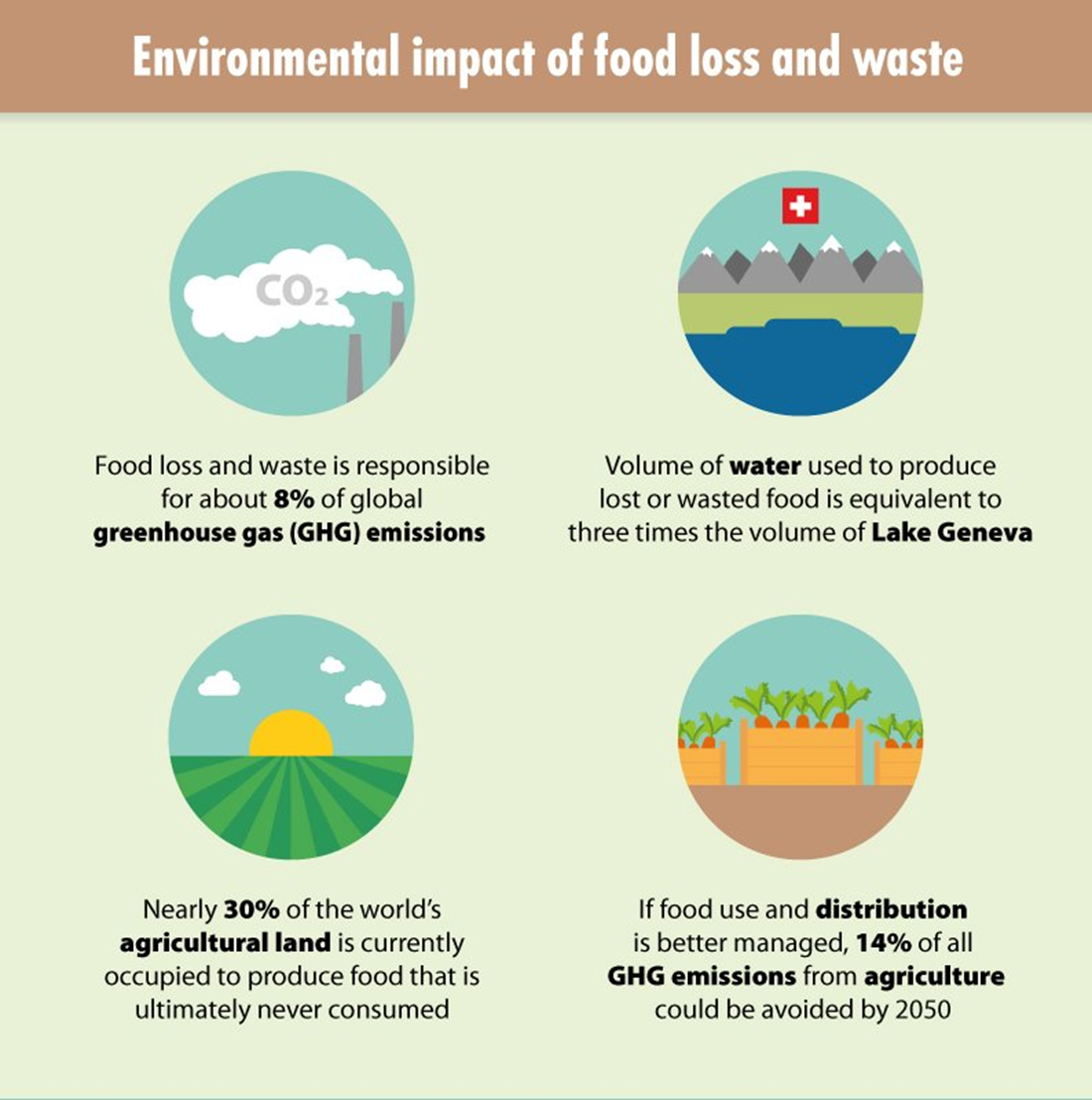A collaborative research project on the valorisation pathways for sidestreams in the Kenyan dairy industry - from less to more demanding pathways
The Global food system is the single largest driver of environmental change, contributing to 24% of global emissions and consuming 70% of the world’s blue water. At the same time 2 billion people are live with food insecurity.
All this while 24% of calories produced for humans are lost or wasted in the supply chain, and food loss and waste (FLW) represents 3.3 billion tons of GHGs – equivalent to making it the 3rd largest emitting ‘country’ in the world.
Looking at the Kenyan dairy-sector, the VALORISE project will examine how circular bioeconomy principles in food-processing can be leveraged sector-wide.
Circular bioeconomy is based on biobased circular models that take advantage of organic waste and sidestreams as a bio-feedstock and convert this biomass into products for various uses such as food, feed, fibres, bioenergy and industrial raw materials, adding value in the process.
By analysing the interaction of institutional, economic, biophysical and technical factors in central value-chain actors, VALORISE aims to help firms to innovate and diversify their businesses.
Project main outcomes:
- Improved knowledge of the characteristics, significance and distribution of dairy sidestreams and of assessing dairy resource flows
- Understanding and application of the appropriate technologies, products and business models for valorising biomass sidestreams in the Kenyan dairy industry
- Understanding the relationship between firms’ incentives and opportunities to innovate, unstable and emerging markets, and regulatory frameworks
- Refined methods for stakeholder scenario-building.
- Increased public awareness of dairy circular bioeconomy potentials and challenges.
- Increased knowledge and capacity in research, industry and government.
The project is being carried out by UNEP DTU Partnership along with DTU Food, Egerton University, The African Centre for Technology Studies, The International Center for Tropical Agriculture, The Eastern and Southern Africa Dairy Association (ESADA) and Arla Foods Ingredients, in close collaboration with the Danish-Kenyan Sector Strategic Cooperation and national stakeholders from industry and government.

Source FAO
 |
Dr. Catherine Kilelu
African Centre for Technology Studies (ACTS)
Email Address: C.Kilelu(at)acts-net.org
Telephone: +254 710 607 210
|

